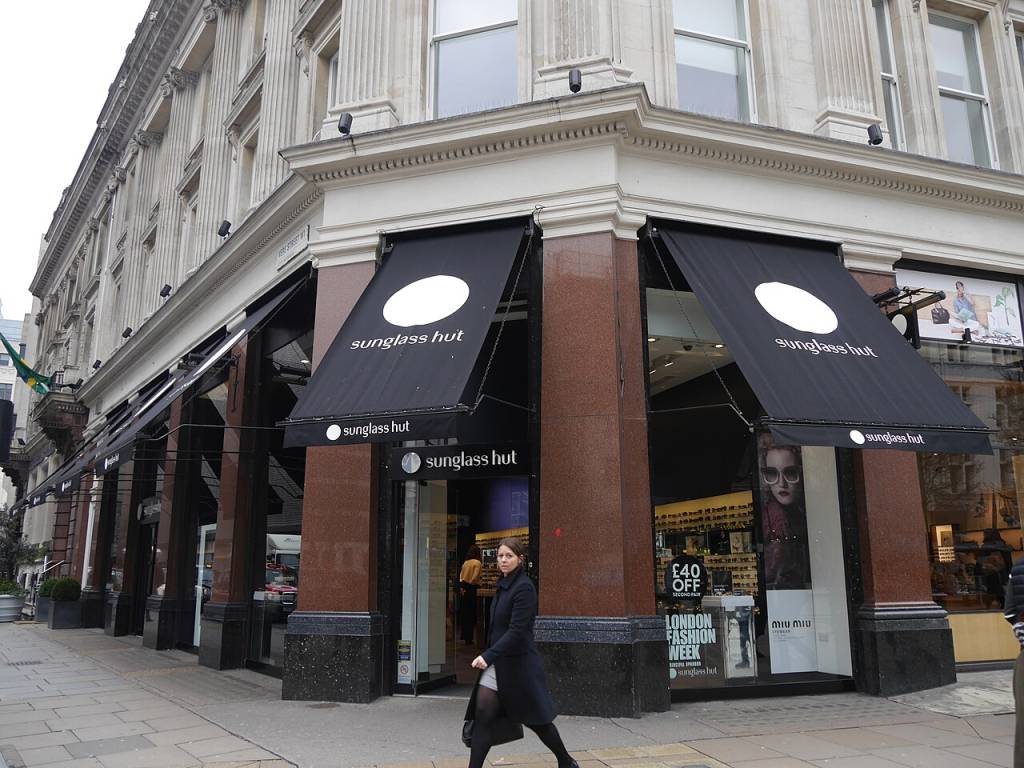What’s one tip for getting some brand equity from participating on a panel or roundtable (or similar events)?
The following answers are provided by the Young Entrepreneur Council (YEC), an invite-only organization comprised of the world’s most promising young entrepreneurs. In partnership with Citi, the YEC recently launched #StartupLab, a free virtual mentorship program that helps millions of entrepreneurs start and grow businesses via live video chats, an expert content library and email lessons.
1. Speak to Your Audience
“Make sure you understand the panel, potential questions that might come up and your audience. The better you can speak to your audience and answer the questions appropriately, the more you’re likely to steal the show and have a memorable impact with people. Also, make sure you’ve got a few one-liners that people can easily remember and tweet about.”
Andy Karuza, brandbuddee
2. Be in Charge of the Questions
“Work with the facilitator to craft questions that will showcase your most marketable knowledge and help you put your best foot forward. Understand which questions will be asked of the other panelists so that you can plan thoughtful additions in advance. This ensures that you come across as the smartest person in the room.”
Alexandra Levit, Inspiration at Work
3. Write a Good Bio Beforehand
“Every panel introduces its participants beforehand. Make sure that the biography you provide does something to explain the brand you’re representing today.”
Brett Farmiloe, Digital Marketing Agency
4. Turn Answers Into Case Study Stories
“People love stories. Answer questions in the form of case studies from your company. You’re adding value by giving concrete examples rather than platitudes, and your company name is attached as a byproduct.”
David Gardner, ColorJar
5. Create a Follow-up Document
“If you have something that listeners will want (a case study, an ebook or some other piece of content), offer to make it available at a special link during the panel. When people go online to access that content, you have an opportunity to collect email addresses, direct them to other content you offer or otherwise build a deeper connection with them.”
Thursday Bram, Hyper Modern Consulting
6. Utilize Your Brand Name
“Intersperse the name of your organization in every comment you make. Tie in your responses with personal stories about your business. Don’t be overly promotional, but make it easy for the other participants and any viewers to remember your brand.”
Andrew Schrage, Money Crashers Personal Finance
7. Support Brand Awareness
“Have team members join you in supporting the brand. Have them tweet and post content as you’re sharing it, both on their personal accounts and on your organization’s brand channels. Have them there to answer questions and point them out as experts in the audience. Promote brand awareness by wearing brand gear, having brand logos on your laptop and providing giveaways before or after you speak.”
Susan Strayer LaMotte, exaqueo
8. Be Real
“Almost every panelist I’ve heard speak was either boring or blatantly in sales mode. When that happens, nothing registers, and it actually makes me think less of the speaker, his product or his company. The panelists I remember best are the ones who are sincere and aren’t engaging in canned marketing pitches. Be honest and real, and the audience will remember what you want them to.”
Kevin Lavelle, Mizzen+Main
9. Make People Laugh
“If you can make the audience laugh, they won’t forget you. It’s easy to blurt out our industry facts and sound smart, but at the end of the day, laughter is contagious, and you always remember the comedian.”
Trace Cohen, Launch.it
10. Direct Answers to the Audience
“Direct answers to questions from the facilitator toward the audience. This will help the audience feel direct engagement with you and improve the likelihood that they remember who you are and what you said. Building strong personal brand equity is a better way of building company brand equity, rather than just pushing your brand. Good companies and brands are made of good people.”
Brooks Kincaid, Imprint Energy












